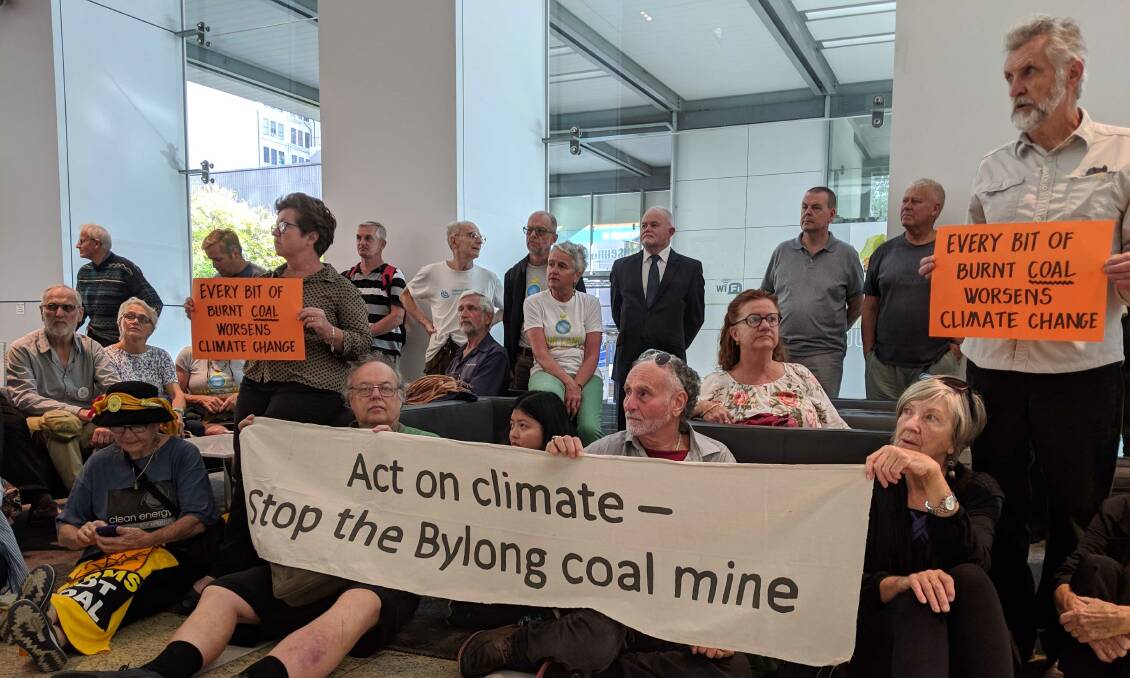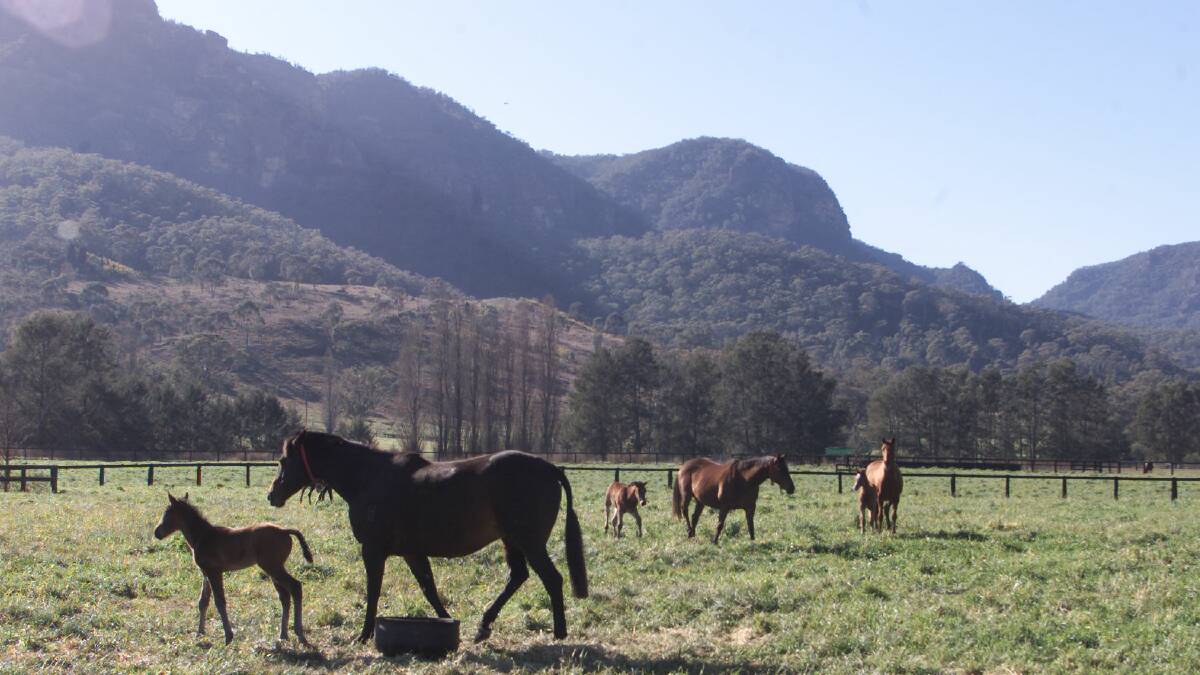
BYLONG farmers are refusing to sign water agreements with the Korean owners of a controversial mine proposal which leave farmers having to prove any negative water impacts are caused by the mine.
Subscribe now for unlimited access.
or signup to continue reading
Property owners, backed by Lock the Gate, have urged the NSW Independent Planning Commission to reject the KEPCO mine proposal or substantially tighten water agreements they allege leave them in a "David and Goliath" position with a Korean Government-backed company if things go wrong.
The agreements do not include clauses that appear in other Hunter and Central Coast mine projects, including Ulan and Wallarah 2, requiring mines to provide "make-up" water within 24 hours of a mine-related adverse impact on water supplies being identified.
The water agreements, and a condition of consent proposed by the Department of Planning, instead recommend compensatory water be provided by KEPCO "as soon as practicable", a term described by Lock the Gate and Bylong landowners as "vague and unenforceable".
"It leaves the decision of when to supply water entirely to the discretion of KEPCO," Lock the Gate and Bylong farmers said in a letter to IPC Bylong panel chair David Kirkby last week.
"The condition should state that water will be supplied within 24 hours."
The IPC is preparing a determination on the controversial greenfield mine project in the Bylong Valley between Denman and Mudgee that proposes to mine and export coal for South Korean power generation until 2044.
Bylong farmers and Lock the Gate rallied in the IPC foyer on Tuesday after delivering a final submission opposing the mine, and calling on the IPC to consider the consequences of the Land and Environment Court decision on the controversial Rocky Hill mine proposal at Gloucester.

Justice Brian Preston rejected the mine in a landmark ruling that accepted the project's carbon emissions should not be considered in isolation.
"It matters not that the aggregate of the project's greenhouse gas emissions may represent a small fraction of the global total," Justice Preston said.
"The global problem of climate change needs to be addressed by multiple local actions to mitigate emissions by sources and remove greenhouse gases by sinks."
In their letter this week Lock the Gate and Bylong farmers argued the IPC had to address the Rocky Hill decision and the judge's comments.
Where a project will result in greenhouse gas emissions the Gloucester decision "clarifies the manner in which the consent authority must determine the acceptability of those emissions and the likely impacts on the climate system, the environment and people", Lock the Gate said.
The alliance and Bylong farmers repeated their strong criticism of the Bylong mine's expected water impacts and their concerns about water rights under proposed department conditions of consent and KEPCO water agreements.
"The agreements only cover stock and domestic use but not irrigation allowances that are crucial for many farmers in the valley who grow hay," farmers told the IPC.
They alleged KEPCO would need to truck two semi-trailers of water per day to most farms in the valley just to cover stock water in the event of mine adverse impacts on the aquifer.
They alleged the company would need to truck 40 semi-trailer loads of water per day to cover the needs of one of the smallest Bylong irrigators in the event of substantial water loss, with at least eight larger irrigators requiring 80 semi-trailer loads of water per day.
"Where do they intend to get this water from?" Lock the Gate said.
In a response to submissions on the Rocky Hill decision KEPCO said there were "grave difficulties" relying on the findings where there was "a whole body of evidence" not before the IPC which weren't tested in the Gloucester case.
KEPCO said it had "targeted" the Bylong project to secure a "reliable appropriate quality supply of coal for its power stations in South Korea".
"If the project is not approved KEPCO will need to secure an alternative source of coal from elsewhere to meet its energy demands," the company said.
"It is possible that an alternate supply may be of an inferior quality. A refusal of this project would not in any way influence the quantity of coal forecast to be utilised in KEPCO's power generation in the decades to come."
The IPC Bylong decision is expected in the next few weeks.

